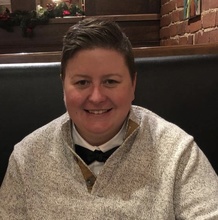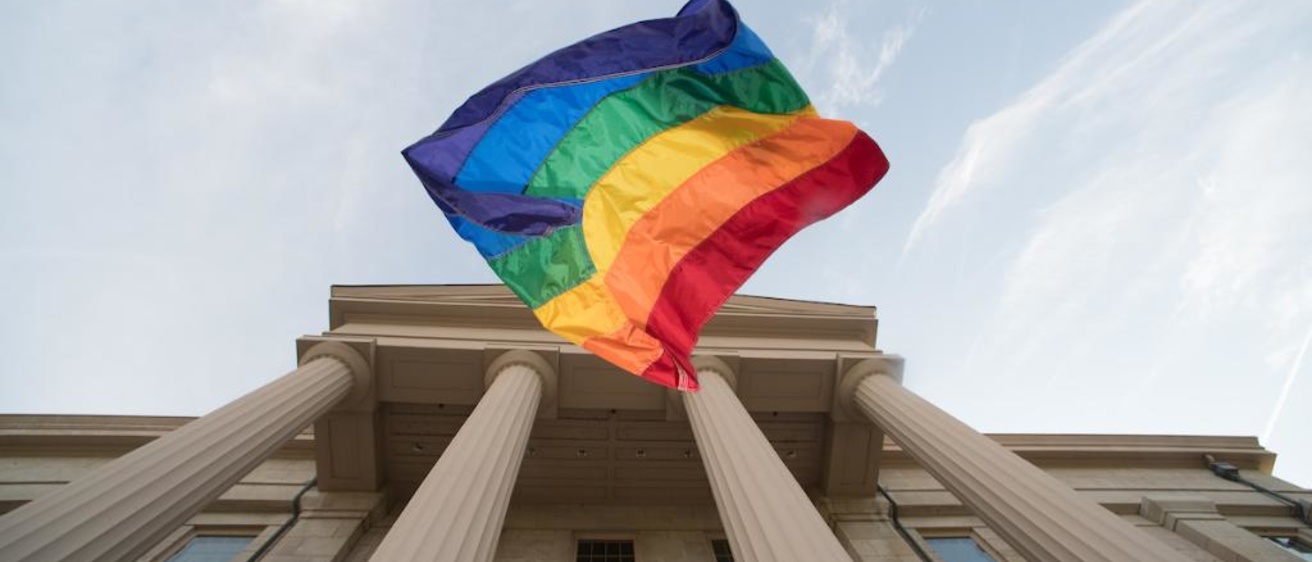
Jodi Linley, University of Iowa associate professor in Higher Education and Student Affairs (HESA), is part of a $500,000 grant from the Spencer Foundation for first-of-its-kind research on LGBTQ+ college students.
The grant is in collaboration with HESA alumni Cindy Ann Kilgo and Alex Lange. Kilgo is currently an associate professor of higher education and student affairs at Indiana University. Lange is an assistant professor of higher education leadership at Colorado State University.
The grant was awarded to Indiana University, with Kilgo, Lange, and Linley serving as co-PIs.
This research began while Kilgo and Lange were Linley’s advisees on the UI campus and has continued in their faculty roles.
“I deeply value mentoring and collaborating with PhD students, and am incredibly proud of the tremendous scholarship and leadership of Dr. Kilgo and Dr. Lange as HESA alumni and former advisees,” says Linley. “Our shared desire to continuously improve higher education is strengthened by our varied areas of expertise, identities, and professional experiences. “
With more than 500 anti-LGBTQ+ bills introduced in state legislatures, the scholars are positioning their research to support and transform college climates to be those where LGBTQ+ people thrive. The study has already begun and will last three years.

“We are collecting data at a ripe time to understand the effect these bans may have on students in states like these compared to those who live in states with no bans,” says Lange. “We also want clear implications for faculty, staff, administrators, student peers, and local communities on how they can move past surface-level allyship to truly create campus communities where all LGBTQ+ students feel welcomed, affirmed, and naturally able to succeed.”
While LGBTQ+ research is not unique to higher education, much of the existing literature focuses on negative campus climates. Additionally, many current studies are one-time or focus on small groups of students.
By surveying and interviewing a large group of LGBTQ+ students across time, they hope to address these limitations.

This research will explore how institutions support LGBTQ+ student success, with the hope of creating the first nationally representative study exploring the ways LGBTQ+ students thrive in higher education.
“Most colleges and universities’ applications or student record systems do not collect data on gender or sexuality. As a result, colleges cannot examine how their LGBTQ+ students are doing – are they being retained, are they studying abroad at the same rate as their heterosexual or cisgender peers, etc.,” says Kilgo. “So, while research on LGBTQ+ college students has been happening for decades, colleges and universities are still uninformed on how to best serve these student populations.”
Additionally, they hope to develop policy briefs for government entities, toolkits for campus practitioners, and even some guides that speak to students themselves.
